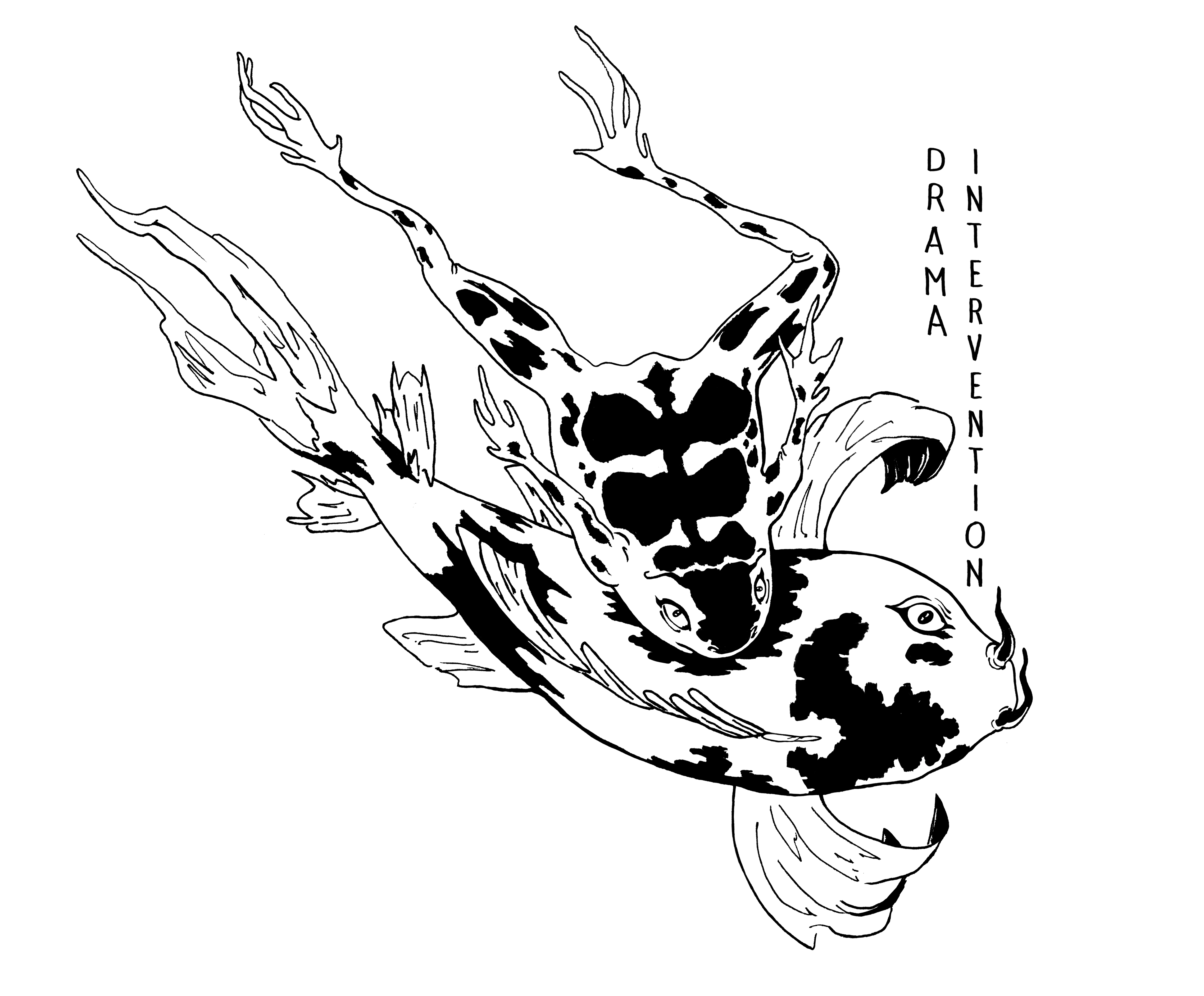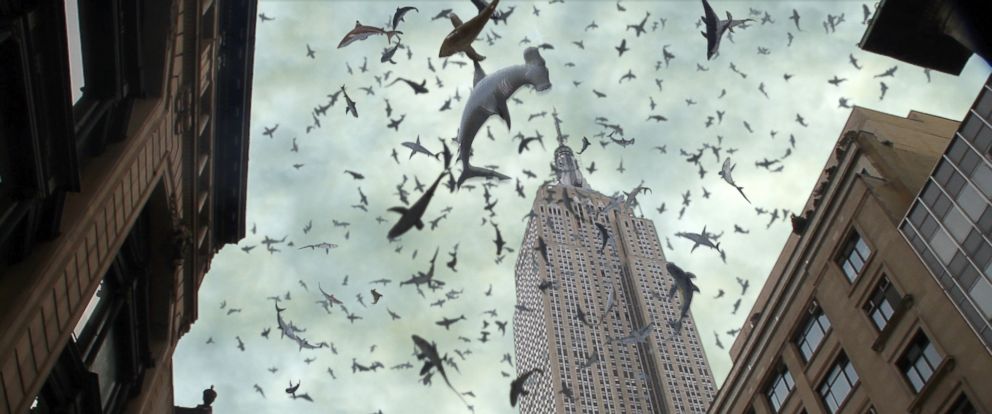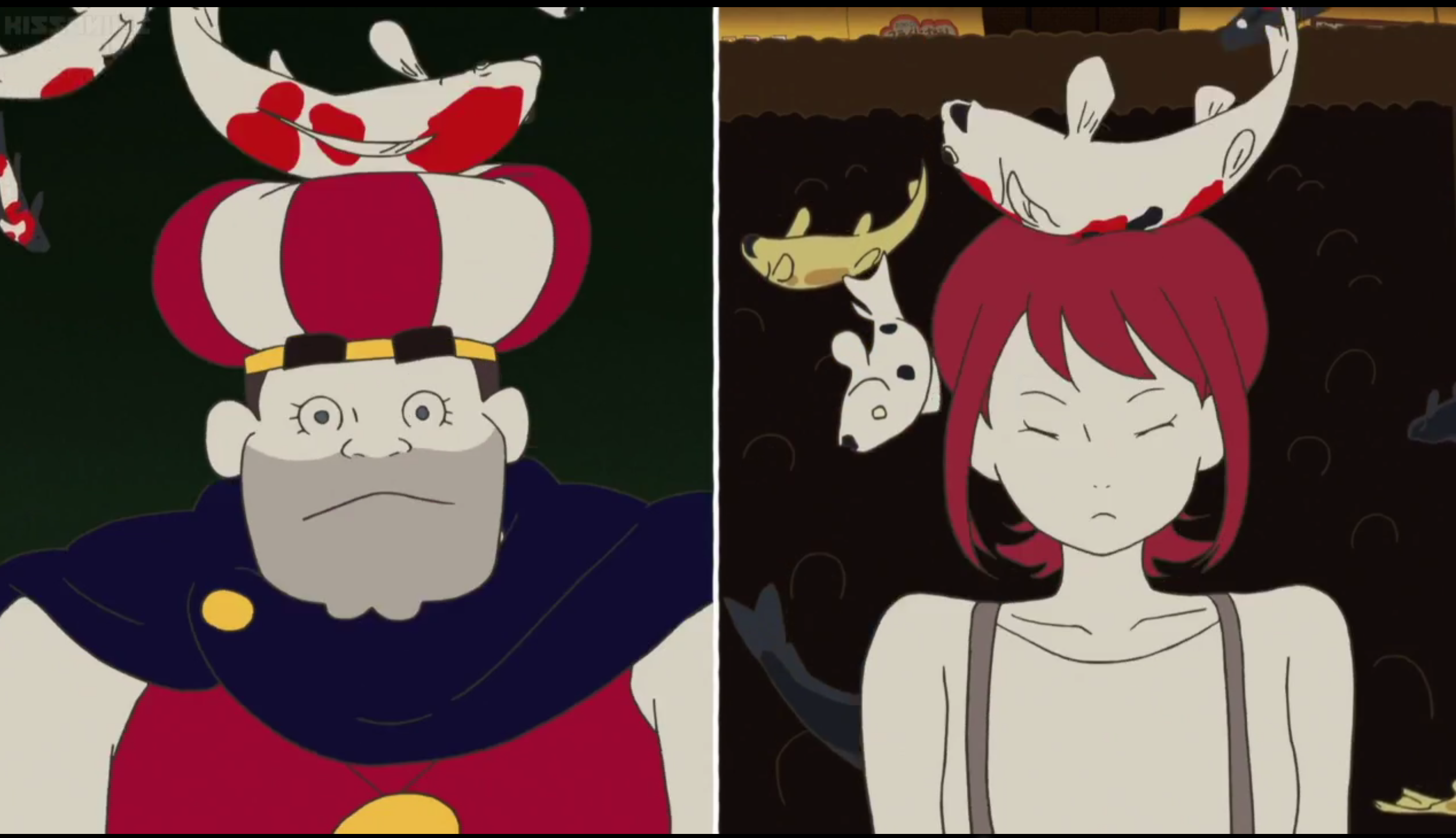When Fish & Frogs Fall From the Sky
The rain of flightless animals and things has been reported throughout history. An early mentioning dates back to the first century AD, a Roman naturalist described storms of frogs and fish. Since then such odd phenomena have occurred all over the world and have been frequently documented. Frogs in Ishikawa (JPN), Fish in Tampico (MEX) and Kerala (IND), birds in Arkansas (USA), spiders in Albury (AUS), or Jellyfish in Bath (GB)—to name some examples—show how large the spectrum of different species falling from the sky in a rainy like manner can be.

Understandably enough, such spectacles inspire people and are therefore reflected in various forms of storytelling. The narrative usage of animal rain ranges from idioms like “it is raining cats and dogs”, to appearing phenomena in books of authors such as Haruki Murakami, Terry Pratchett, Stephen King, to computer games like Oblivion and are of course also frequently featured in movies. As a mostly unforeseen and cataclysmic event, the animal rain is used as a eruptive plot device to establish, navigate or dissolve dramatic tensions in the story. These various cinematic purposes can be observed in Paul Thomas Anderson’s Magnolia, Noah Hawley’s Fargo (the TV series of 2014) or Sharknado (The Asylum, 2013).

In Night is Short, Walk on Girl the animal rain trope follows a well-known and ancient plot device: “deus ex machina”, the god from the machine (a saying originating from the field of theatre machinery).
The term was first used in ancient Greek and Roman drama, where it meant the timely appearance of a god to unravel and resolve the plot. The deus ex machina was named for the convention of the god’s appearing in the sky, an effect achieved by means of a crane (Greek: mēchanē). The dramatic device dates from the 5th century BC; in Sophocles Philoctetes a god appears at the end and in most of the plays of -Euripides to solve a crisis by divine intervention. Bad tongues might simply boil this down to lazy screenwriting and they wouldn’t be wrong per se. The ‘deus ex machina’ trope is known to be a standardized remedy to solve a dramatic climax in Hollywood movies.
For examples in Peter Jackson’s The Lord of the Rings: The Return of the King 2003, eagles drop from the sky as a last minute rescue; in Steven Spielberg’s 1993 “Jurassic Park” the T-Rex snaps into the visual field just in time to solve “the problem”, in James Cameron’s Avatar 2009, the animal wildlife suddenly takes interest in an ongoing war and turns the tide in the end battle—the list goes on.
The raining animals in Night is short, Walk on Girl fit the description. An early introduction shows the origin of a koi tornado. At 0:16:29 the old sex offender, Todo-san talks about how he lost his koi nursery to the storm and became a collector of erotic imagery. After this short flashback in which we can see koi fish being sucked up into the sky, this specific part of the movie is no longer relevant to the plot. Later (O:33:41), in a different flashback of Don Underwear a quite similar event is described. Don Underwear, the figure behind the forbidden student theater plays, speaks of how he met his true love during an apple-transport-accident, which spilled apples all over them. Falling on their heads in a slow motion and romantic manner. At 1:03:08 this two storylines are suddenly brought together, when Don Underwear meets “the apple girl” again, on stage of one of his forbidden theater performances, where she reveals herself to be his friend and main opponent, “the school festival executive director”, a character following alongside the story as a villainous figure, determined to shut down the student theater plays. After this revelation, the two man are still drawn to each other and nearly kiss on stage. But standing in the gasping crowd, a female production-team member, lifts her hand, reaches up to the sky and the koi fish begin to rain down to prevent the kiss.
In this scene, the male on male kiss was already obstructed, oddly enough, by a trapdoor mechanism, which maneuvered “the school festival executive director” from the stage. Meanwhile the animal rain works as an epiphany from above, a deus ex machina of sorts, hitting Don Underwear and the theater production girl on their heads, just to trigger a new romance.
This very irritating moment of fastly changing attractions, from a homoerotic relationship to a heterosexual replacement, is clearly problematic in itself. Portraying a coincidental and opposite sex attraction as the better or more natural choice, but also characterizing a passionate and fragile young man like Don Underwear as open and fluid person, who isn’t entirely aware of his own desires. The heteronormative use of imagery in this scene comes from below and above: For one, the upset audience and the trapdoor incident from below and for the other, the animal rain from above; all clearly favor the boy on girl situation. Noticeably the koi rain is the biggest or most dramatic kiss preventer in this scene, reasserting through its godlike and supernatural power, what choice is the right one to make—yikes. In favor of this scene and the movie, the kiss between Don Underwear and the production-team girl isn’t happening either, due to the flu.
For the rest of the story all these events are quite unimportant. The rain of fish hardly presents a cataclysmic event for the main figure and it only solves a climacteric point in one part of the story, but it is nevertheless a deus ex machina. It’s function is the same, but it is used in a rather accessorial way, as a plot point between others, following moments during a beautiful and strange night in Kyoto.

SOURCES:
- merriam-webster.com/dictionary/deus%20ex%20machina, 9.9.2018
- en.wikipedia.org/wiki/Deus_ex_machina, 9.9.2018
- en.wikipedia.org/wiki/Night_Is_Short,_Walk_On_Girl, 13.9.2018
- en.wikipedia.org/wiki/Rain_of_animals, 12.9.2018
- duden.de/rechtschreibung/Deus_ex_Machina, 10.9.2018